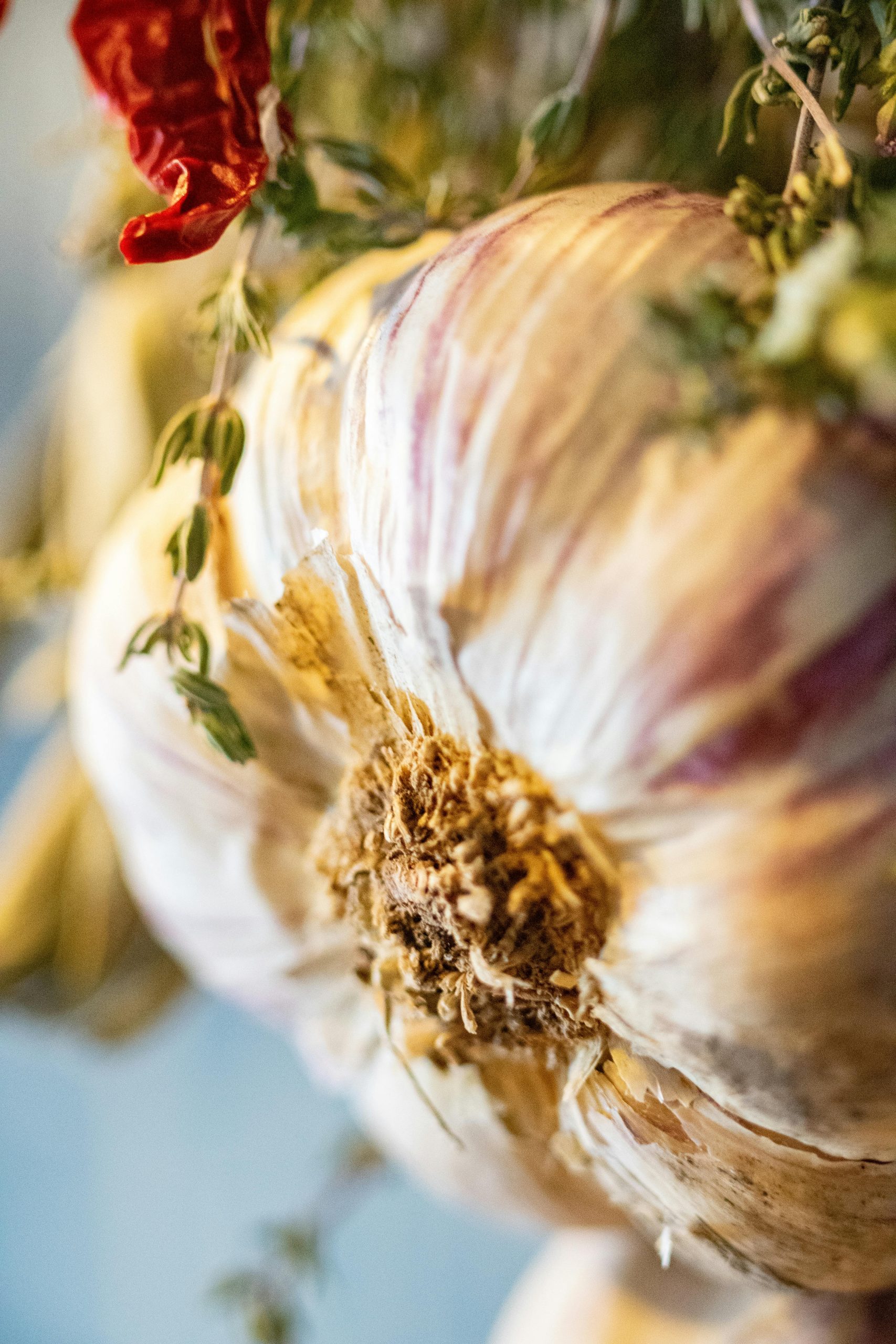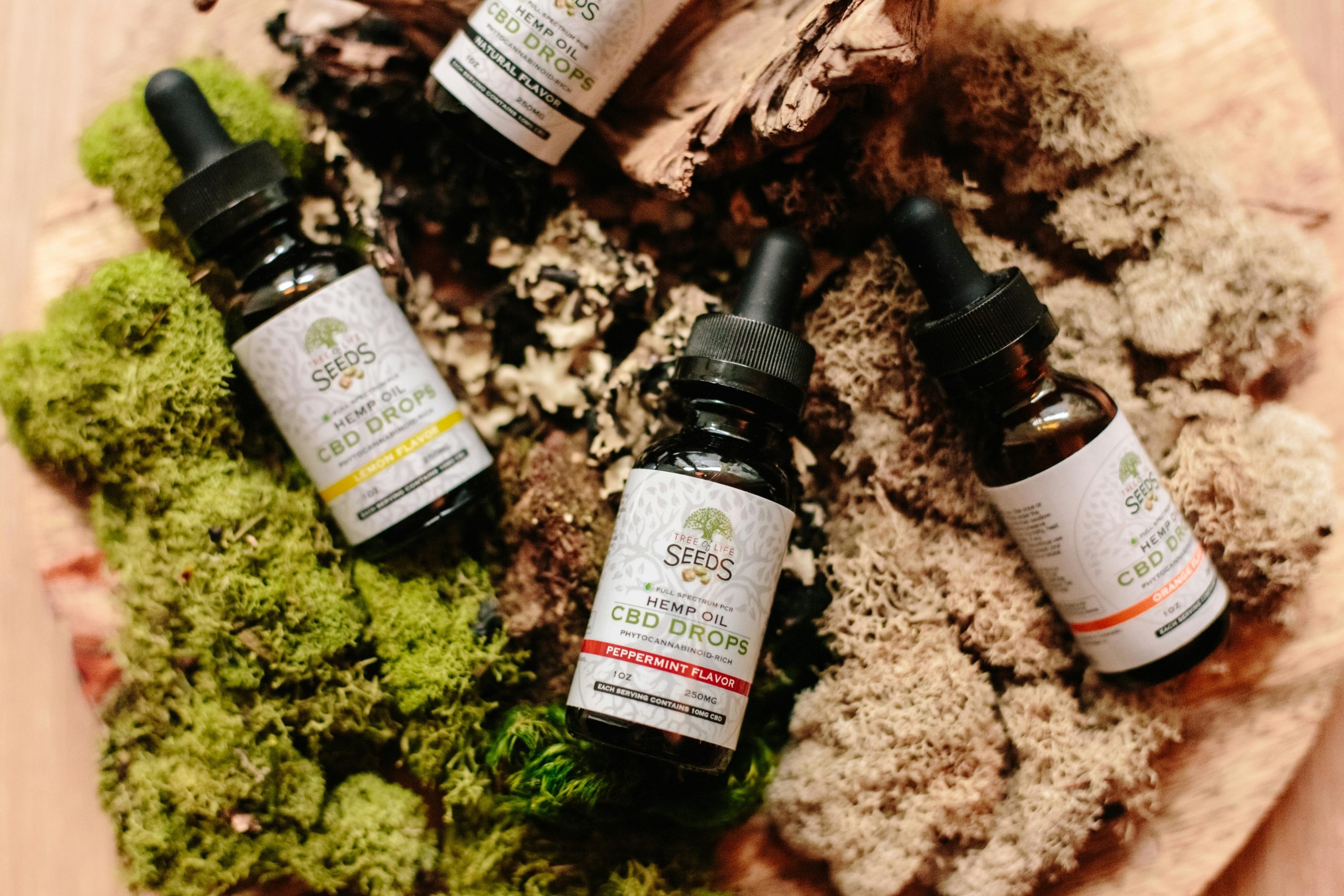In today’s fast-paced world, anxiety has become a common struggle for many. While therapy and medication are effective solutions, nature offers its own remedies—herbs that can help soothe the mind and promote relaxation. Growing these anxiety-reducing herbs at home not only provides easy access to natural relief but also adds beauty and fragrance to your garden. Below, we explore the best herbs to cultivate for calming effects, along with tips on how to grow and use them.
1. Lavender: The Ultimate Calming Herb
Lavender is renowned for its soothing properties, making it one of the best herbs for reducing anxiety. Its pleasant aroma has been shown to lower stress levels, improve sleep, and promote relaxation.
How to Grow Lavender
- Sunlight: Lavender thrives in full sun, requiring at least 6-8 hours of direct sunlight daily.
- Soil: Well-draining, slightly alkaline soil is ideal.
- Watering: Water sparingly—lavender prefers dry conditions.
How to Use Lavender
You can use lavender in teas, essential oils, or simply by placing dried flowers in sachets near your bed. Its scent alone can help ease tension and improve sleep quality.
2. Chamomile: A Gentle Relaxant
Chamomile is a gentle herb known for its calming effects, often used in teas to alleviate stress and insomnia. Its mild, apple-like flavor makes it a favorite for nighttime relaxation.
How to Grow Chamomile
- Sunlight: Prefers full sun but tolerates partial shade.
- Soil: Light, well-draining soil works best.
- Watering: Keep soil moderately moist but not waterlogged.
How to Use Chamomile
Brew fresh or dried chamomile flowers into a tea before bedtime. You can also add chamomile essential oil to a diffuser for a calming atmosphere.
3. Lemon Balm: A Mood-Boosting Herb
Lemon balm, a member of the mint family, has been used for centuries to ease nervousness and improve mood. Its citrusy scent and mild sedative properties make it a great choice for anxiety relief.
How to Grow Lemon Balm
- Sunlight: Grows well in full sun to partial shade.
- Soil: Prefers rich, moist soil.
- Watering: Keep soil consistently moist.
How to Use Lemon Balm
Steep fresh leaves in hot water for a refreshing tea, or add them to salads for a mild, lemony flavor. Lemon balm can also be used in aromatherapy to reduce stress.
4. Holy Basil (Tulsi): The Stress Adaptogen
Holy basil, or Tulsi, is an adaptogenic herb that helps the body cope with stress. It’s revered in Ayurvedic medicine for its ability to balance cortisol levels and promote mental clarity.
How to Grow Holy Basil
- Sunlight: Needs full sun for optimal growth.
- Soil: Well-draining, fertile soil is best.
- Watering: Keep soil evenly moist.
How to Use Holy Basil
Brew Tulsi leaves into tea, chew fresh leaves, or take it as a supplement. Its earthy, slightly spicy flavor makes it a unique addition to herbal remedies.
5. Passionflower: Nature’s Sedative
Passionflower is a beautiful vine with anxiety-reducing properties. Studies suggest it can increase GABA levels in the brain, promoting relaxation and reducing nervousness.
How to Grow Passionflower
- Sunlight: Thrives in full sun to partial shade.
- Soil: Prefers well-draining, slightly acidic soil.
- Watering: Water regularly but avoid soggy conditions.
How to Use Passionflower
Dry the flowers and leaves to make a calming tea, or use passionflower extracts in tinctures. It’s particularly helpful for insomnia and restlessness.
Growing anxiety-reducing herbs at home is a simple yet powerful way to incorporate natural stress relief into your daily life. Whether you prefer the soothing scent of lavender, the gentle effects of chamomile, or the adaptogenic benefits of holy basil, these herbs offer a holistic approach to managing anxiety. By cultivating them in your garden, you’ll have fresh, organic remedies at your fingertips—helping you create a calmer, more peaceful lifestyle.


